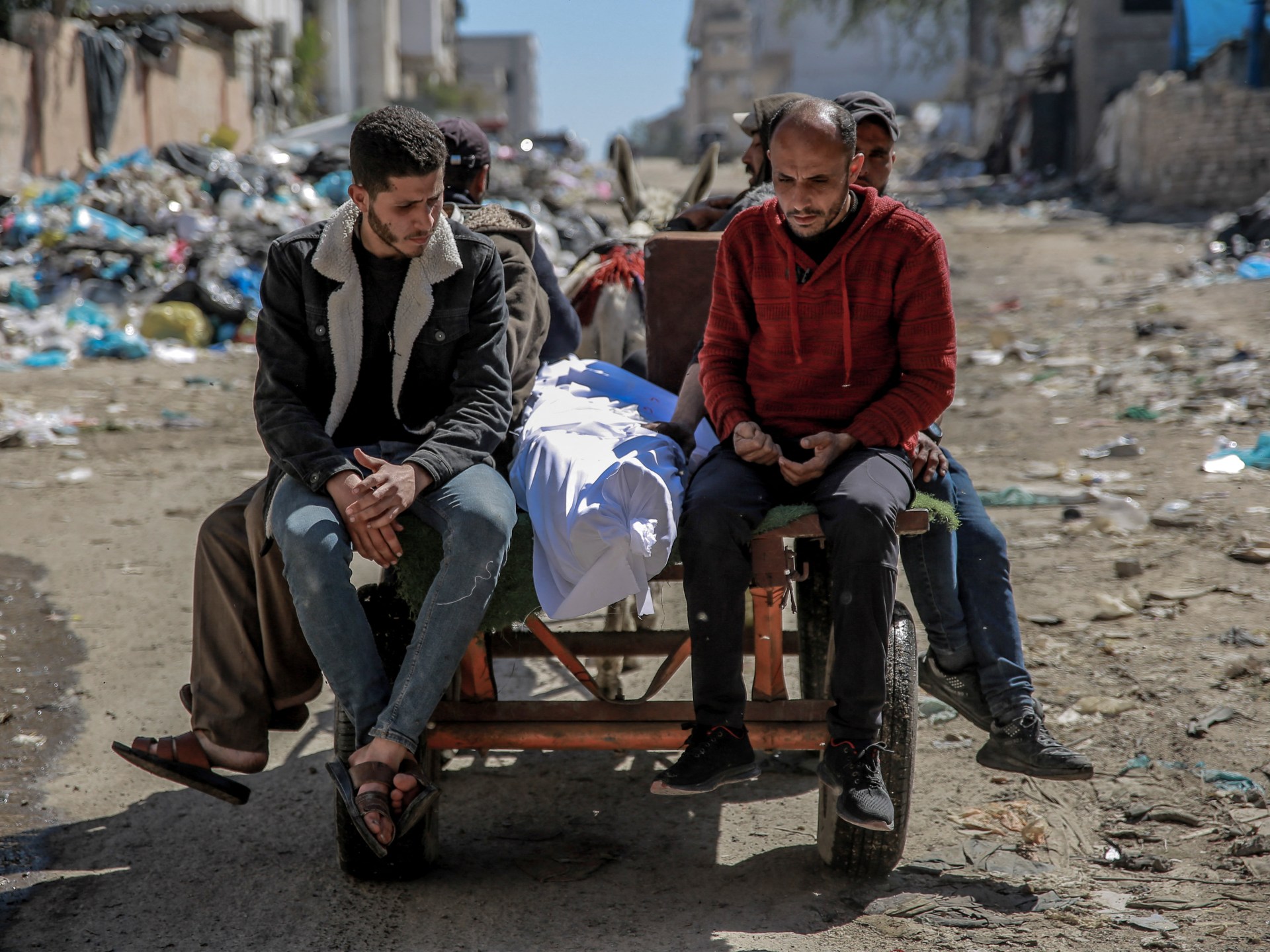Ethics of self-defense
The admission of guilt can never be seen in Turkish politics. Ignore the present. There is no one who accepts he or she committed some mistakes in the past. As a result, the rejection by the government that it committed a blatant mistake on the adultery issue could be ignored as the continuations of the same tradition, because everything ended well.
Unfortunately, the matter is not that simple. This crisis, which was single handedly created by Prime Minister Recep Tayyip Erdogan, has strengthened the hands of those who are against Turkey’s membership in the European Union. These people who reject Turkey’s aspirations, citing religious differences, have got the ammunition they wanted. At a time when some important EU countries are considering banning headscarves, Turkey’s attempts to criminalize adultery was perceived by some that it wasn’t as secular as it appeared to be. The importance attached by some to Turkey’s membership process ensured that we overcame this crisis rather easily. However, our European enemies are probably waiting very eagerly for the next time when an issue that may be construed as religious extremism comes up.
Another negative aspect of the adultery incident was shown by the justification stated by the Justice and Development Party (AKP) members. Just like after the train accidents, AKP executives were very aggressive in defending themselves. They think hard and formulate many theories, before confidently listing them as facts.
Those who talked for the AKP in the parliamentary debates on the transportation minister defended themselves in such a way that gave the impression that they believed they were right. While defending their thesis against the necessity of politicians responsible resigning over the train accident, they even went so far as to cite that road accidents did not precipitate resignations.
Those AKP executives who defended their stance on the adultery issue argued that the fault lied with the opposition, the EU and the media; that their efforts were not based on their wish to penalize adultery; their article in question did not actually include and sub-article on adultery; and that they had withdrawn the whole bill to pass it at the same time as other relevant laws. It was like the prime minister had never talked about "saving the honor of women," "protecting the family" or "EU interference in domestic matters." Was the reason why he went all the way to Brussels and met EU Commissioner Guenter Verheugen to tell him, "You can interfere in our domestic matters," and, "We have decided not to protect the family or women’s honor?"
Compared to other political parties, how do you expect a party consisting of religious individuals to behave? To be more honest and ethical, right? If religious belief does not ensure this, what will? However, we are seeing dishonest behavior from them just to defend themselves. I wonder if they think, just like other followers of "great" ideological movements, that dishonesty can be legitimized if it ensures reaching ideological or religious objectives.
Ethics are very important in our religion. It is correct to point out that religion is a force that influences people to act more ethically, but no one can say it automatically makes one ethical. You may think that you are an ethical person where you stand. However, in a world dominated by economic and political competition, acting ethically towards your competitors and the people necessitates a struggle at every turn.
Sophists in Classical Greece used to teach how to speak and defend oneself. That’s why Aristotle and Plato criticized them very harshly. For them, if defending oneself became a priority, searching for the truth and accepting the facts would be pushed to the background. The truth was more important than anything else in behaving ethically and morally.



